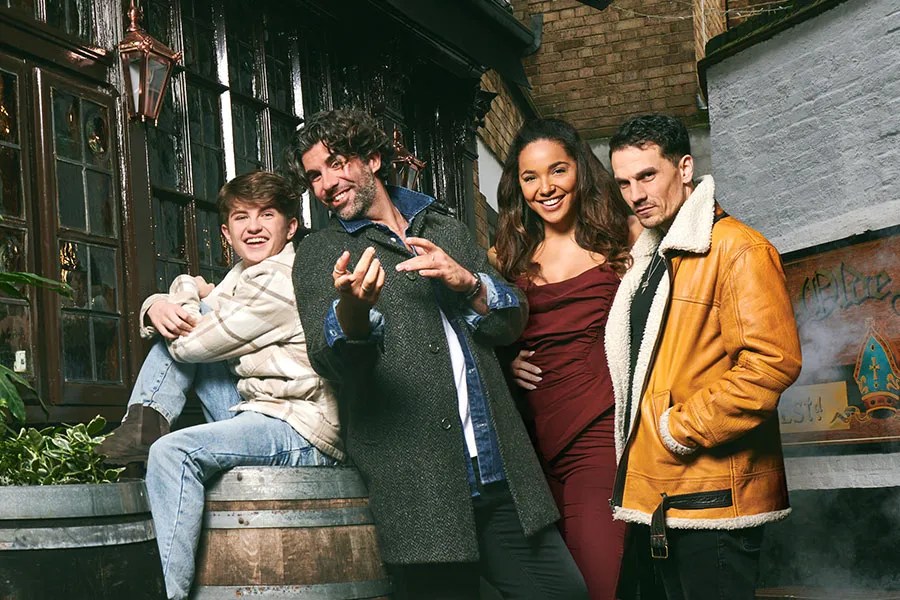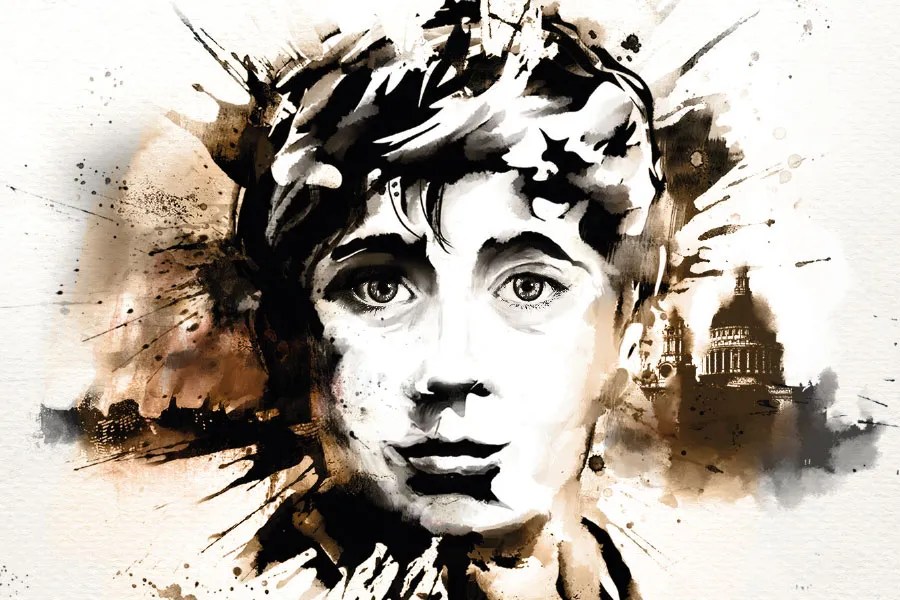Handbag
Handbag on National Tour

Mark Ravenhill’s Handbag (or The Importance of Being Someone) proves a disappointing successor to Shopping and F***ing. Part of the problem is that it feels a little too familiar – the characters are drawn from the same gene pool of arrested adolescents, and there’s the same tendency towards action that will, depending on your disposition, either shock or convince you that this is crucial 90s drama. Even aspects of Shopping’s staging are repeated – the use of loud, clubbers’ anthems to punctuate the scenes, for instance.
In many ways, Handbag is a more coherent play than Shopping, but ultimately its whole is less impactful than Shopping’s more fragmented parts. Handbag has at its core a baby conceived by a gay man and a lesbian to be the lucky child of four doting parents. Needless to say, things don’t turn out quite so rosy.
The ramifications of the birth are contrasted with the actions and attitudes of Victorians – characters from Wilde’s The Importance of Being Earnest. This choice of contrast is a curious one. Is it even a contrast when both sets of characters seem to exemplify bad parenting? In the modern story, Tom and Mauretta are both pretty committed to parenting, but their respective partners David and Suzanne are both on the verge of shagging rough trade as the labour pains start. Amongst the Wildean set, Moncrieff seeks sanctuary from his offspring in the billiards room while Constance struggles to ‘bond’ with her own flesh and blood.

In both eras, and through most characters, Ravenhill finds ways to tell us that you have to grow beyond your own selfish needs to be a good parent. This is hardly an earthshattering revelation and a far less interesting thesis than the idea of relationships as transactions which underpinned Shopping. Ultimately, Handbag feels rather too much like ‘S & F 2: They’re back and they’re having babies!!!’
I’m also disturbed by the negative depiction of gay characters in Handbag. Is it likely that, having gone to the extreme complications of conceiving a child, those involved would lose interest so quickly? One thing is sure – if ever there was a play to promote gay parenting, this isn’t it.
Handbag is gripping enough to watch, although the word ‘entertaining’ does not spring to mind. It is exceptionally well acted with some very effective double-playing by most of the cast. Faith Flint as Lorraine/Prism especially impresses.
Still, all in all, despite a certain degree of comedy, Handbag is unremittingly black. Like Shopping, it leaves you with a feeling of desperate emptiness. This time however, it’s due not only to the lack of humanity revealed by the characters but the lack of ingenuity demonstrated by the playwright.
Justin Somper










